Wine Tourism, building brand loyalty
by on 04.07.2018
I just returned from Portugal and summer in Europe to winter in the Cape Winelands and snow capped mountains.
I was invited back to MUST Wine Summit in Cascais to speak on wine tourism and then embarked on a wine tourism journey that took me from the spectacular island of Medeira to Alentejo and the Douro Valley.
The time spent in Portugal had a great impact on me and I am excited to share some of the highlights from my trip with you in a next blogpost.
Many people asked me to share my presentation and some insights on wine tourism, so here it is. It is long, but pour yourself a glass of wine and read on.
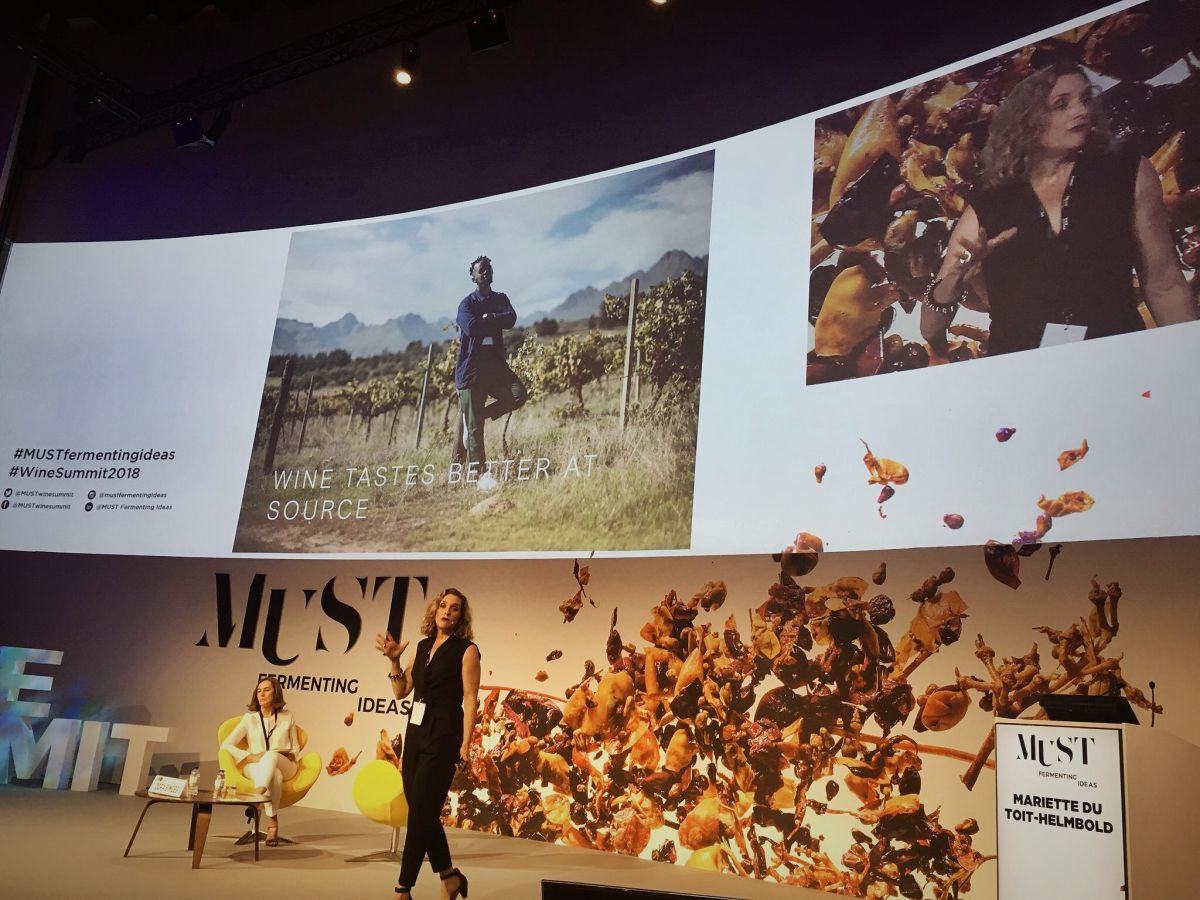
It's tough out there
There are many beautiful and unique wine regions in the world all producing good wine and as competition gets tougher, wine tourism becomes even more important as a tool to unclock the local distinctiveness of wine regions.
Wine brands can build brand loyalty and increase their income opportunities through wine tourism. We have seen it work in practice. Destinate has established itself as a market leader in wine tourism with numerous regional strategies and campaigns developed for regions in South Africa and abroad. We developed South Africa's first national wine tourism strategy for VINPRO as part of the WISE initiative and continue to work with individual brands on brand development and marketing. In November last year we launched the Joburg Wine Club to grow the local wine market in South Africa.
A changing world and market place
To understand what makes people tick, buy stuff and go places, we have to get into their heads.
Our world is upside down. A few years ago we were tearing down walls. Now we are building them.

We are stressed, disillusioned and scared. In fact, fear (fear of terror) will have the biggest impact on people’s travel behaviour and destination choices with up to 45% of the world’s travelling population changing their travel choices and many opting for stay-cations.
The monumental shift in power from the West to the East means we have to re-examine how we operate and market. It has opened the door for new destinations to compete for travellers who are hungry for real and meaningful experiences and opened up entire new markets.
Whilst our traditional markets from Europe and America have shifted from mindless to mindful consumption, exchanging friends with benefits for real friends and simpler, healthier lifestyles, new markets are all about the brag factor and the ultimate bucket list.
Despite political, economical and environmental challenges, we keep travelling and we keep buying brands and experiences. But, we travel differently. And we buy differently.
Different things influence us, most importantly, other people’s opinions and recommendations. Our values have shifted and with that how, when, why and what we buy.
Immersive travel is the new luxury
Globally people are looking for immersive travel and authentic experiences.
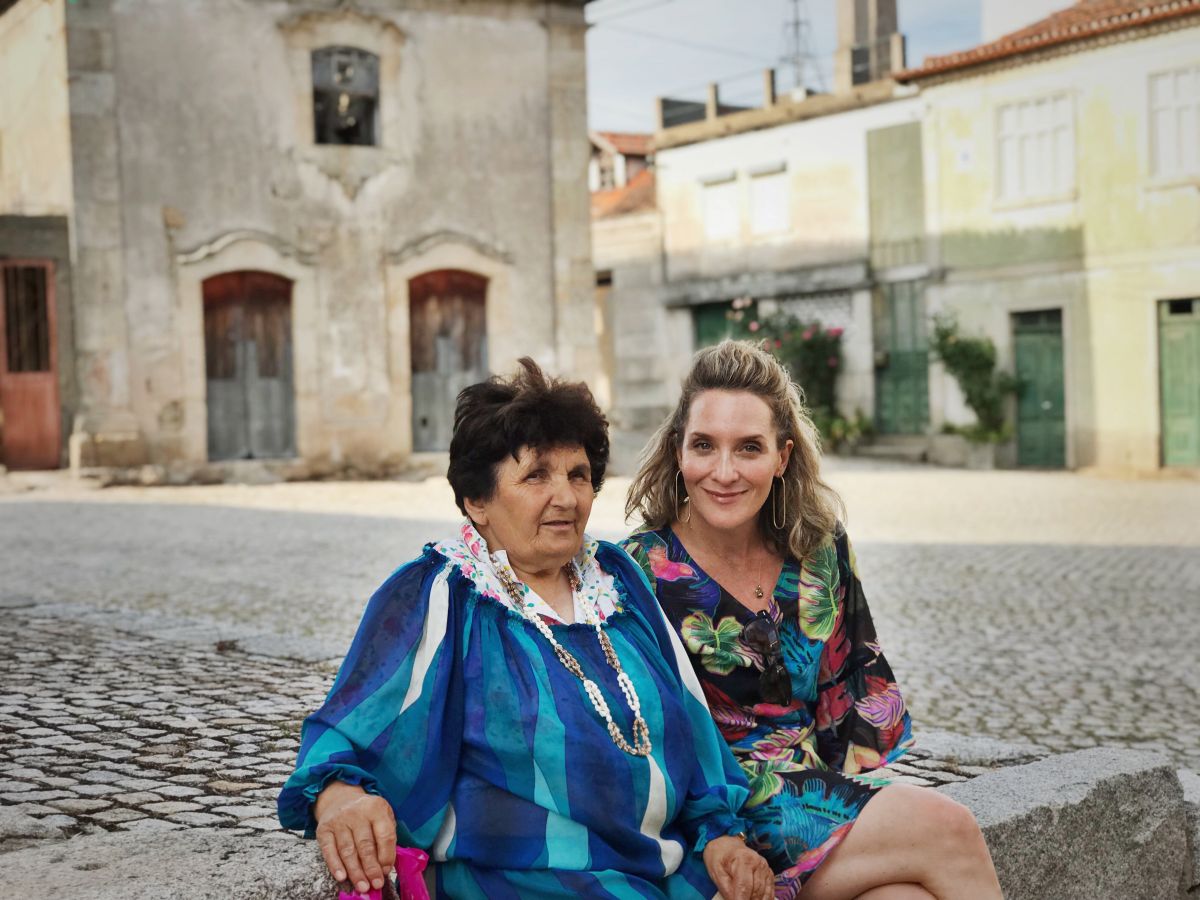
There is a changing perception on what luxury is, keeping in mind that this is different for the emerging aspirational markets who are still very much into the bling and brag factor.
For a growing number of visitors luxury is no longer about being driven around in fancy cars on private tours and dining only at the very best restaurants. For many luxury is seen as having a personalised experience designed around their unique interests that give them access to the kind of experiences not readily available to the masses. It is about truly connecting with places and people and deeply personal experiences.
It is no wonder that food and wine travel is one of the fastest growing travel categories with visitors wanting to experience local destinations through the unique flavours of the destination, often in the company of local people for a truly immersive experience.
We yearn to go beyond, to be true explorers, to sit down and break bread and hear the stories of the people behind the brands on the shelves.
What is wine tourism?
The world is drinking more wine and realising that wine is being produced in beautiful places that offer a lot more than just good wine.
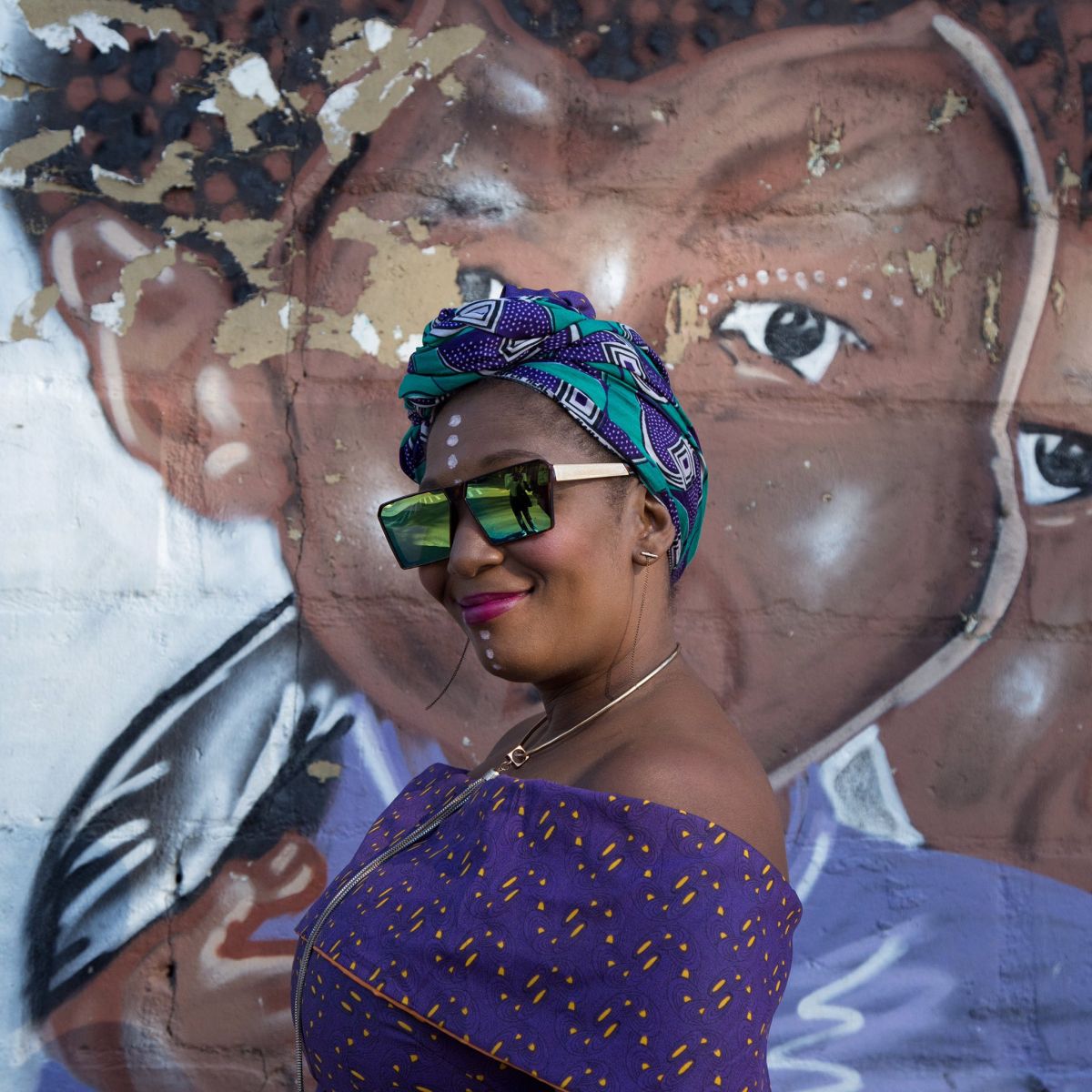
The beauty of wine tourism is that it is a key to unlocking the warm heart of regions, their cultures, history, food, attractions and most importantly, its people. It is always the people who are the heart and soul and the flesh and blood of the places we go to. People make brands memorable and when you are lined up on a shelf with many other brands, you want to be the one that is memorable.
Wine tourism can transform places and in a country like South Africa where economic development is so desperately needed, I have seen it empower small businesses within the value chain of wine tourism.
And visitors love the new experiences available to them.
If you think wine tourism is about wine tasting from one cellar to the next, think again. It is about the places, the people, the food, the cultures, the environment and the unique experiences of the wine region.
In South Africa we have at least twenty defined wine routes. Most visitors explore the well-known wine routes like Stellenbosch, Constantia and Franschhoek and miss out on gems and smaller towns that lie beyond the mountain and main tourism routes.
In recent years, a greater focus on wine tourism has brought more visitors to these regions. Pioneering people in the wine industry have realised that their estates and farms’ true potential for growth lies in wine tourism, giving rise to new developments and a greater investment in experiences beyond the wine that entice visitors to stay longer and spend more locally.
You need a good strategy and some fine marketing
The aim of the wine tourism strategy developed for South Africa in 2016 was to unite the wine and tourism sectors behind a common vision with clear targets set for the development and promotion of wine tourism.
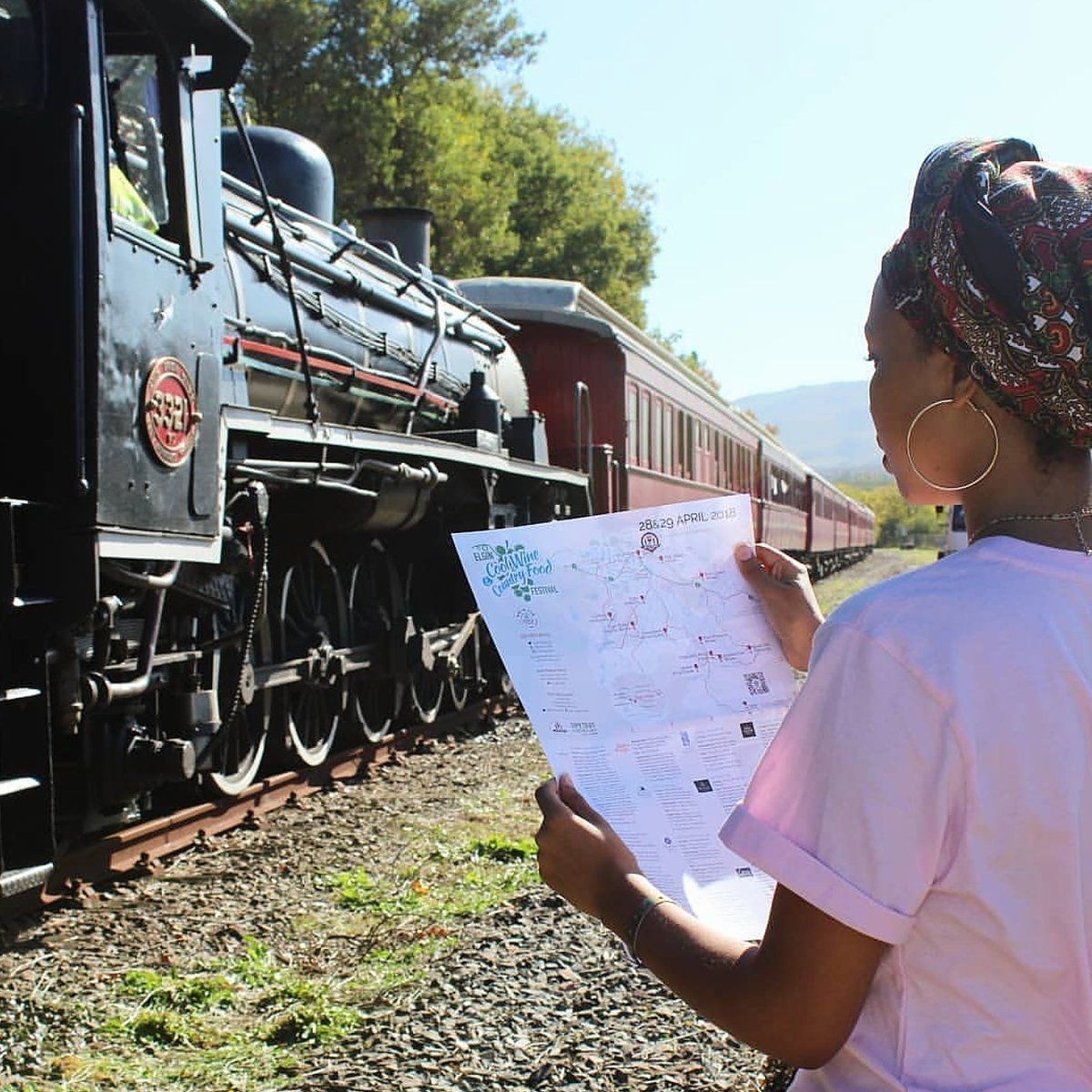
A practical implementation plan supported by industry, new marketing collateral and a new one stop wine tourism web portal that position established and smaller routes on one platform were part of the deliverables. A dedicated wine tourism unit has since been established, working in close partnership with the different spheres of government and the private sector, to take the marketing of South Africa’s wine tourism offering to the world.
Tangible results
Ultimately, wine tourism has to bring tangible benefit to wineries and regions with more wine sold and more visitors spending their money in the regions that need it the most.
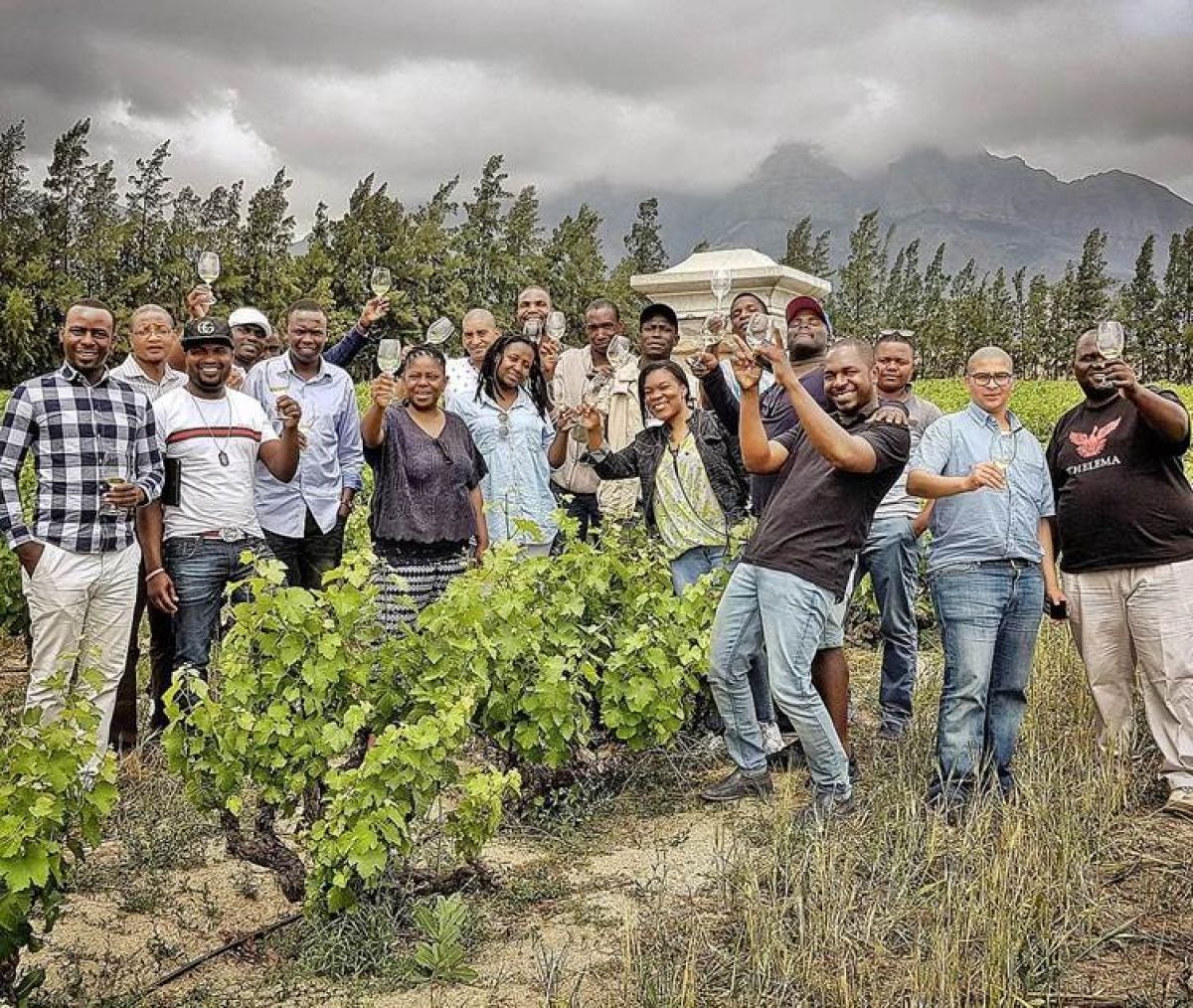
According to the second annual Wine Tourism Report published by Wesgro, the Western Cape’s tourism, trade and investment agency, there has been a 16% increase in wine tourism. With a strategic target of 25% growth in wine tourism by 2025, we are well on track.
Most importantly, there is an increased demand for smaller wine regions like Hermanus and Stanford. 95% of the tour operators interviewed indicated that wine tourism plays a vital role in the motivation of travel in the Western Cape and 99% of Cape Town-based itineraries include a trip to the winelands.
Wine tourism is good business with 90% of wine tourists spending more on average than the other travel categories. This is significant for wineries that have long relied on wine sales through complicated distribution channels, often leaving them with tiny profit margins. Wine tourism is the right tourism sector to pursue from an economic perspective, but the real value lies within the value chain of wine tourism with more employment opportunities and direct benefits to small businesses that provide services to wineries.
For wine tourism to work, you need to make good wine
You can’t just wing it. Successful wine tourism is as much about having a good time as it is about drinking great wine.
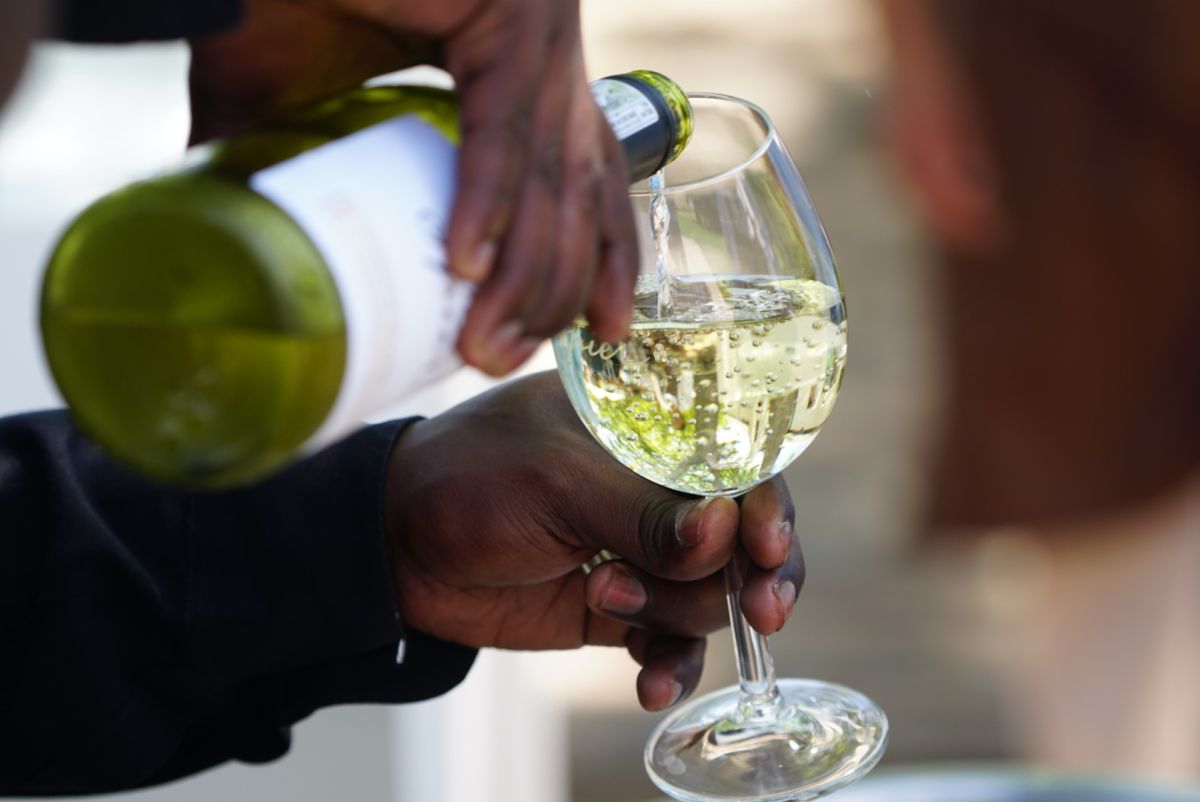
The Wine Tourism Report indicates that the increase in wine tourism is linked to:
• Growing awareness and positive perception of South African wine globally and within the local market
• There is a growing interest and curiosity about unique South African varietals like Pinotage and Chenin Blanc
• An increase in specialist wine tourism operators are driving growth and unlocking new experiences for visitors
• 6 of South Africa’s top restaurants are located in the Winelands, showing that food and wine go hand in hand and that food is a big reason for people venturing into the Winelands
Wine tourism campaigns, like the Stellenbosch Experience Campaign developed by Destinate in 2014, have raised the profile of regions like Stellenbosch as places to stay rather than just visit on a day trip from Cape Town, boosting tourism locally and helping to address seasonality.
From followers to fans
A debate about influence is raging online, in hipster coffee shops and in board rooms around the world.On the surface, it seems as though an influencer’s total following matters more than anything else, but micro-influencers are rising in importance and often have very high engagement with their fan-bases.
_1_1200_800_80_s.jpg)
In my opinion, the real influencer is the ordinary person. We have the thing that brands, celebrities and mega influencers don’t have. We have the trust of our audiences, our friends and our followers.
And in today’s world, trust is everything. It is the most valuable commodity in travel.
We have the power to build brands and break them down. So, for brands it is more important than ever before to understand how to play the new marketing game, where quality, trust and deeper connections with your customers are crucial.
Building a local wine cult in South Africa
I shared the story behind the Joburg Wine Club, launched in November last year, as a case study of how we are building a local wine market.
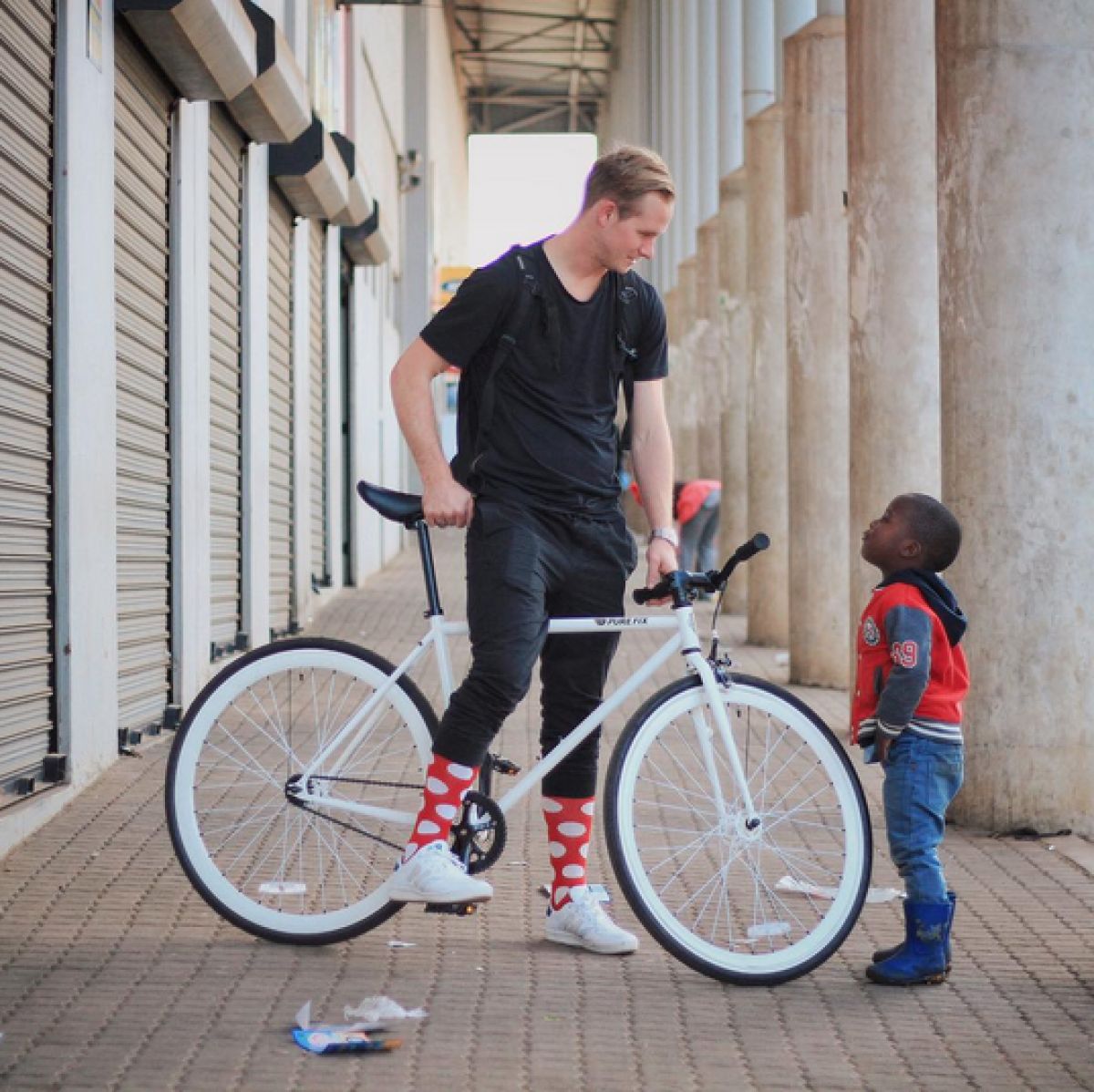
It all started in Soweto in 2015 with a campaign called #72hrsSoweto developed for the Soweto Wine Festival. Precious relationships were established and important lessons learned in terms of the disconnect between the local market and the wine industry.
Research conducted for the national wine tourism strategy amplified the huge potential within the local market, in particular the local black market. But, the industry has no real relationship with and a limited understanding of the needs of the local market and it was clear that traditional wine marketing and old-fashioned, pretentious wine events do not appeal.
Relationships were further solidified with the #Stellenblog campaign, developed for the Stellenbosch region. In 2017, we partnered with South African Tourism, as part of their domestic tourism programme, to bring some of Joburg’s top influencers and opinion shapers to the Winelands. Along with our international bloggers they explored Stellenbosch as never before, staying on a working wine farm for a week, learning about wine from the winemakers themselves and experiencing the region’s wine tourism offering.
The next step in our journey was the launch of the Joburg Wine Club, a wine club unlike any other, designed to turn wine and wine marketing on its head.
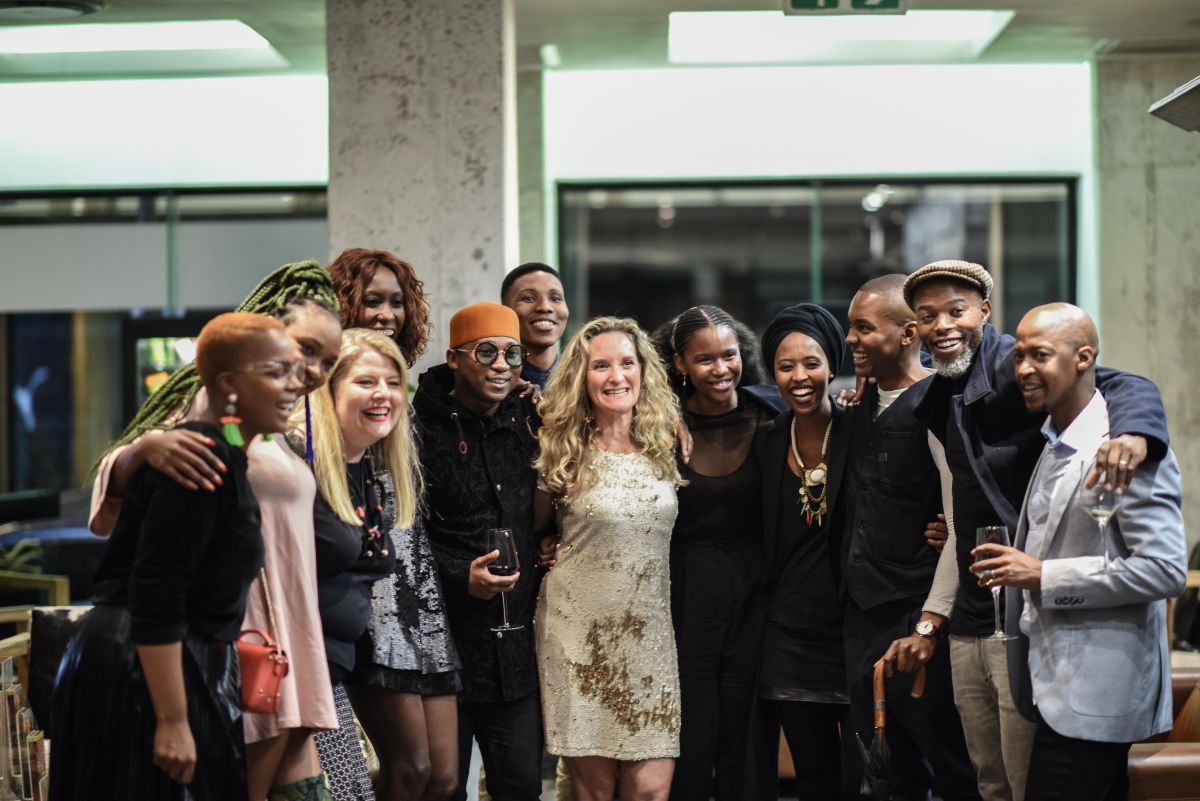
Our messsage to our audience is clear. This is all about you.
We are breaking down wine stereotypes and building a new local wine cult one event and one sip at a time. The Joburg Wine Club introduces our audience to selected premium wine brands, providing a platform for brands to connect and build relationships with a new target market.
Wine Tourism is a key component of the Joburg Wine Club’s mission, bringing it all back to the source of the wine and giving members of the Joburg Wine Club the opportunity to meet the people behind the premium wine brands through immersive wine tourism experiences.

Later this month we will host the first Joburg Wine Club Winter Tour, which will bring a number of our fans and influencers down to the Winelands for an unforgettable wine tour. The wine tour will be packaged for domestic travellers with a consumer competition that will see one couple win the same experience.
Whilst some brands build their following, others convert followers into fans for life. We believe wine tourism is a great way to convert customers to fans of your brand, building brand loyalty and more sustainable businesses and communities.
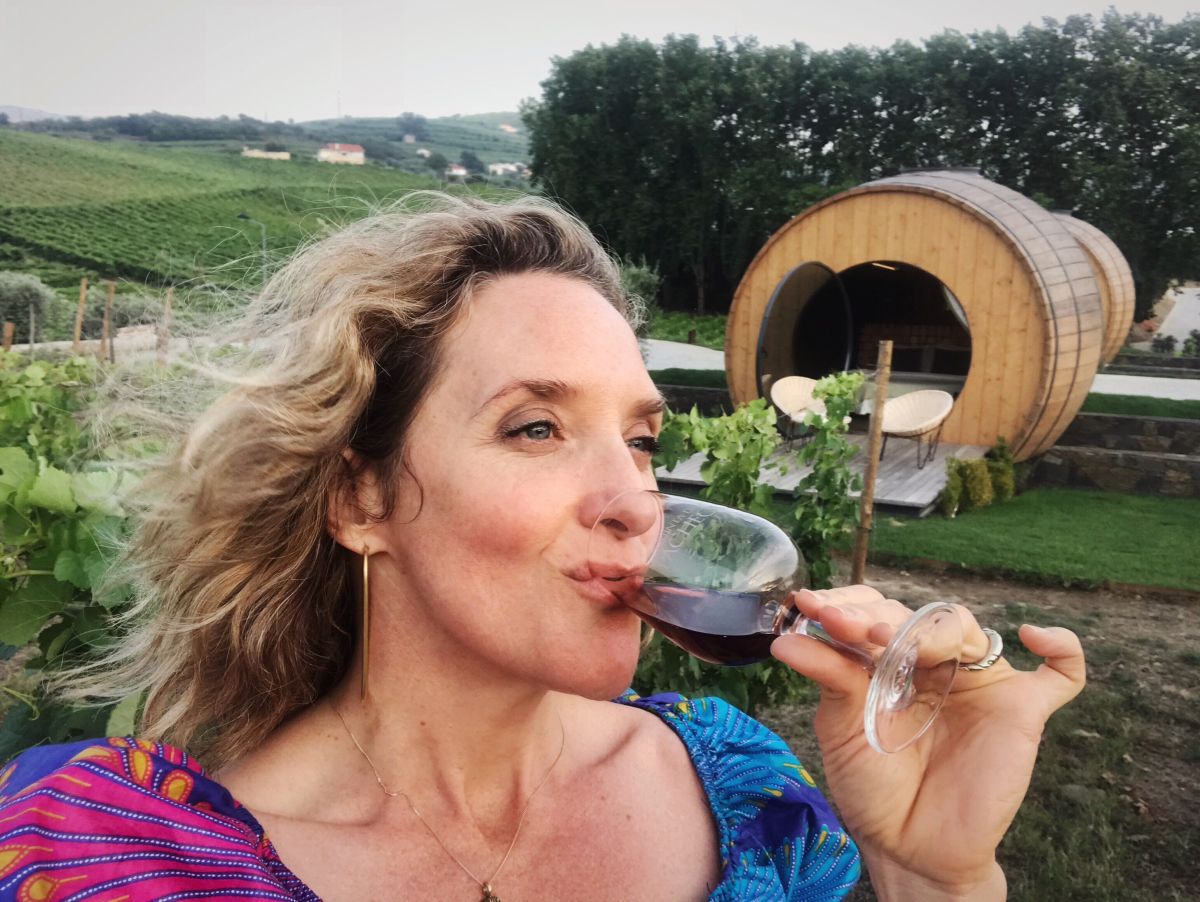
Wine regions like South Africa and Portugal have many experiences that will appeal to the highly engaged traveller, we just need to do a better job at presenting and selling it to the world.
Through wine tourism visitors are encouraged to join in and engage in the stories of wine regions and the passionate people who work and live there. We have seen first hand the value of wine tourism. If supported by a good strategy, a committed industry and creative marketing wine tourism can bring more people to wine regions to experience the hospitality, exceptional wine, food and diverse cultures of these regions.
Destinate is a destination and tourism marketing agency. We develop and help implement strategy, build brands, market destinations and connect people with great brands and destinations (often over good food and wine). Email us if you need us.